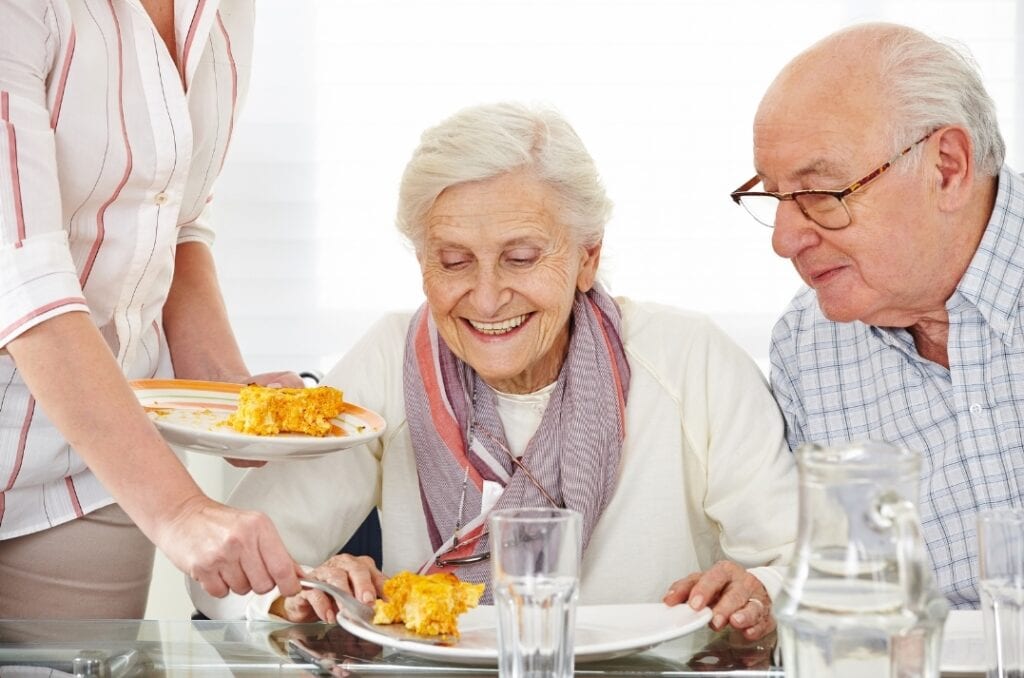Studies Support Socializing and Good Health Have a Connection
Hundreds of studies performed in the last decade have shown the shocking impact of relationships and social connection on our health.
In nearly every finding, scientists, researchers, and psychologists have come to the conclusion that high-quality close relationships and feeling socially connected to the people in your life are associated with decreased risk for all-cause mortality and is an essential aspect of our lives.
While being socially connected is important for people of all ages, this link may be particularly important for the elderly.

What is Social Connectedness?
The definition of “social connection” is “the experience of feeling close and connected to others. It involves feeling loved, cared for, and valued, and forms the basis of interpersonal relationships.”
Why is Social Connectedness Important?
The first study conducted on the relationship between social connectedness and mortality was performed by Berkman and Syme in 1979. This study, focusing on adults aged between 30-69 living in California, found a direct correlation between lack of social engagement and earlier deaths.
Since Berkman and Syme’s pioneering research, hundreds of additional studies have taken place showing a wide variety of positive effects resulting from strong social connections. Some examples are:
- Strengthens your immune system (Cole, 2015)
- Lessens the chance of depression (Wenger, 1997)
- Reduces the risk of death in people with serious medical conditions (Brummett, 2001)
- Reduces the risk of high blood pressure and obesity (House, 1988)
- Reduces cognitive decline in aging population (James, 2011)
Why are Social Connections Important for Seniors?
As we age, generally both our health and the number of social connections we maintain declines. No longer do we have days filled with interactions at our jobs, we may start to lose family members such as spouses ad siblings, and friends and distant relatives begin to move away and disconnect.
Because social connectedness and health are so intensely related, it makes sense that solid relationships are even more important to aging seniors. One study performed by Teresa Seeman in 1987 found that fact to be exactly true. In the study, researchers followed people over a period of 17 years and found that those with the lowest social index scores had a 50% greater risk of mortality than those with the highest scores.
How to Encourage Social Connections for Elderly
Preventing social isolation and promoting regular engagement for the elderly community is essential. Not only should this idea be encouraged by family members and loved ones, but it should also be highly encouraged in nursing homes and assisted living facilities as well.
Too often, nursing homes and family members are concerned only with physical health needs while social and mental health is put on the backburner. Research has shown that remaining engaged within a community staying connected to those around you can have just as much, if not more, of an impact on your health. Social programs, community engagement opportunities, and regular visitation abilities are critical in the effort to increase longevity and quality of life in the elder population.
If you’re thinking of putting your loved one in a nursing home, be sure to do diligent research before choosing a facility. At the end of the day, Patricia Churchland, a contemporary philosopher who focuses on philosophy and neuroscience, says it best: “We long to belong, and belonging and caring anchors our sense of place in the universe.”

